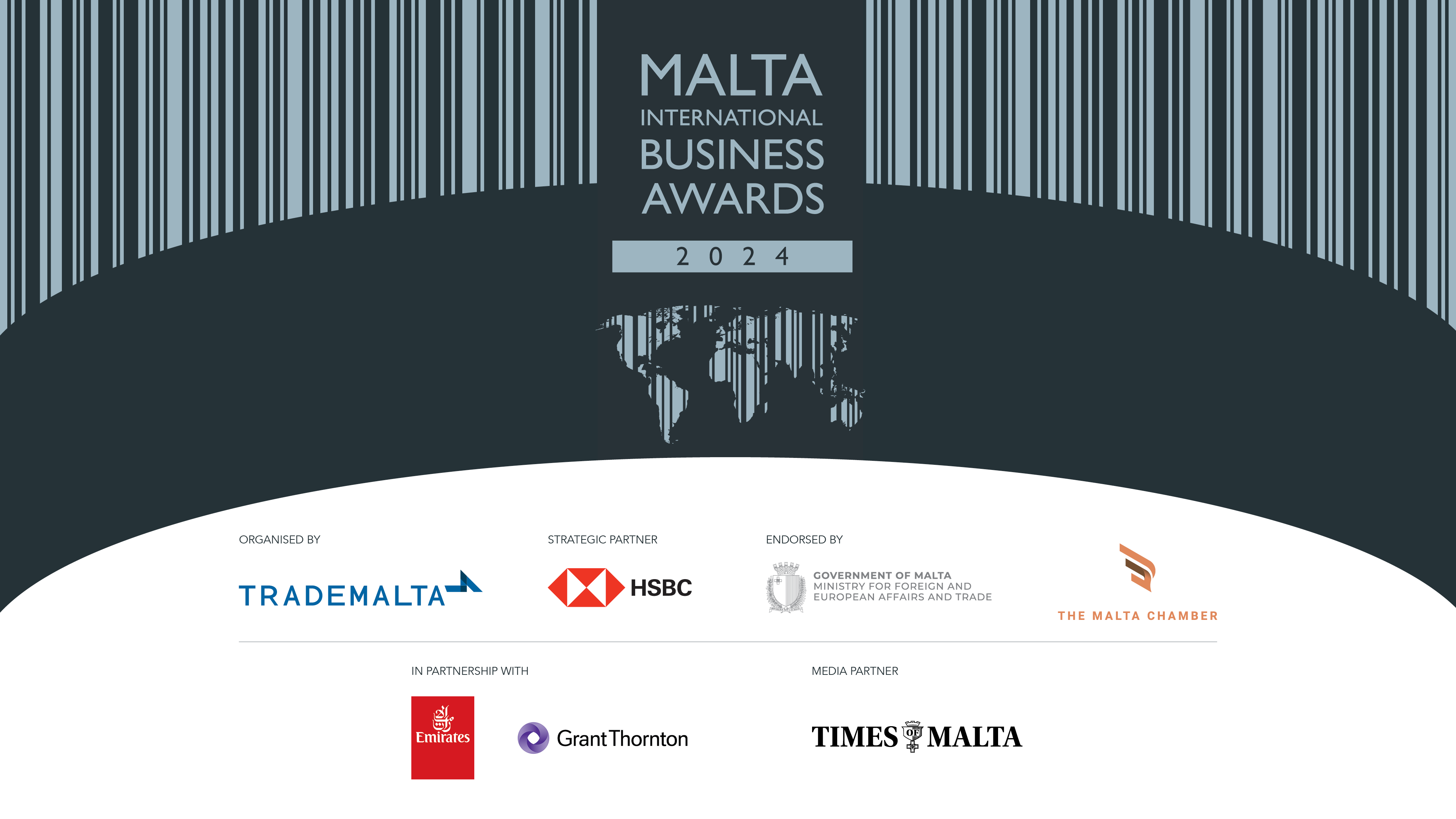

The Malta Chamber of Commerce, Enterprise and Industry appeals for caution and to keep in mind the national interest in matters related to energy provision.
It is therefore imperative that we find ways of addressing concerns related to the existing agreements independently of proposed projects that could provide us with more options for energy generation in future. For the benefit of our country and the business community, no one should try to jeopardize EU funding for Malta’s energy transition.
The green transition, which the EU including Malta is committed to, will require countries to be very careful with managing their energy supply options to minimise the risk of spikes in energy prices. If this is not maintained, it will hurt the competitiveness of European businesses and provoke social unrest. The decarbonisation of transport, which is a priority for Malta, requires an accelerated process of electrification of vehicles that will increase energy demands by 30-50%. While solar, wave power and wind energy are renewable sources that Malta can tap into, one has to keep in mind that these are also inconsistent energy sources by their very nature. In the absence of high-volume energy storage technologies, which do not exist and do not seem to be within reach in the foreseeable future, renewable sources need to be complemented by on-demand energy sources. The only such carbon-neutral source is nuclear energy, which most EU countries have never invested in or voted out. The next cleanest on-demand energy source is gas. Even the production of hydrogen itself is energy intensive. So while this fuel holds promise for the decarbonisation of large vehicles, ships and aeroplanes, energy generation and the pace at which viable alternative technologies will develop, remains a key challenge for the green transition.
In view of this, it is imperative for Malta to have a gas pipeline in place by 2028 when the current 10-year agreement for the supply of gas expires. Irrespective of the requirements of the existing energy and fuel supply agreements, which should of course be questioned on their own merits, we cannot risk putting in danger the country’s energy supply for the future. The possibility of converting the proposed gas pipeline into a hydrogen pipeline, improves the long-term viability of the project. It is a fact that we have one main energy provider and we do not have the luxury of making subjective assessments on the shareholders of our energy provider before deciding whether to switch the light on or off. At this stage Malta needs to have its second interconnector by 2025 while continuing to invest on renewable energy so as to reach its decarbonisation targets.
...
...


...

...
